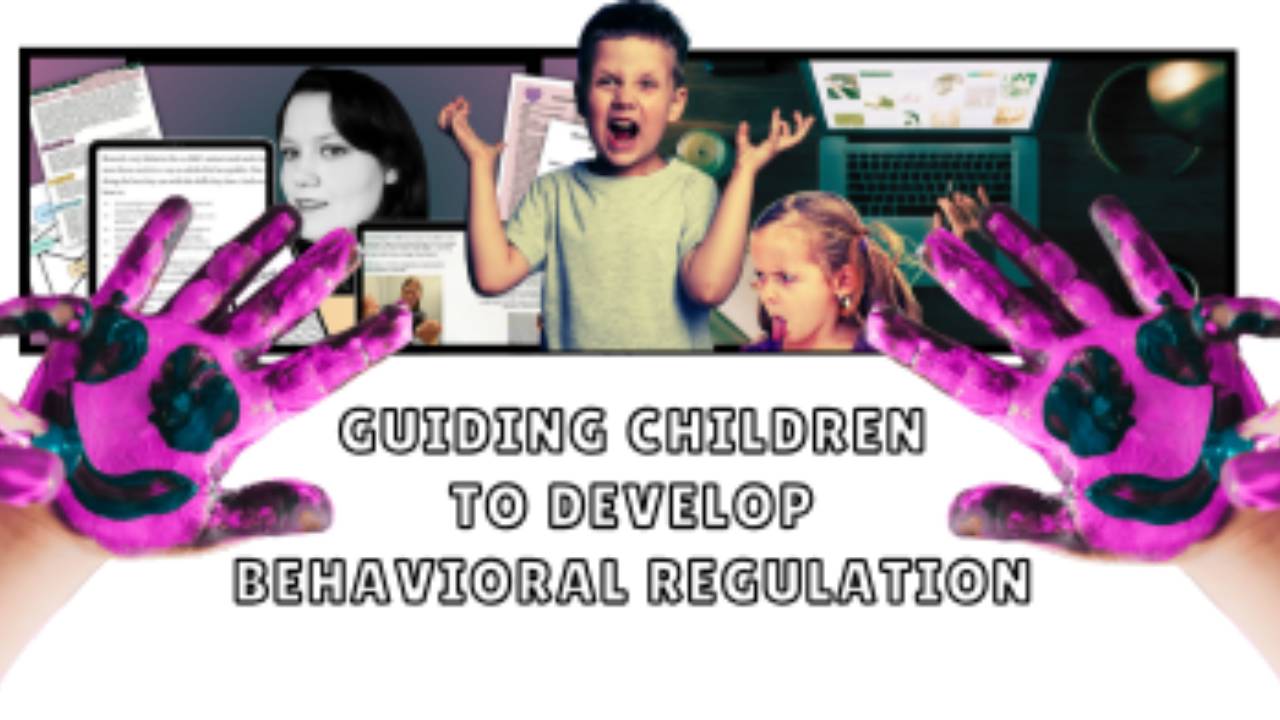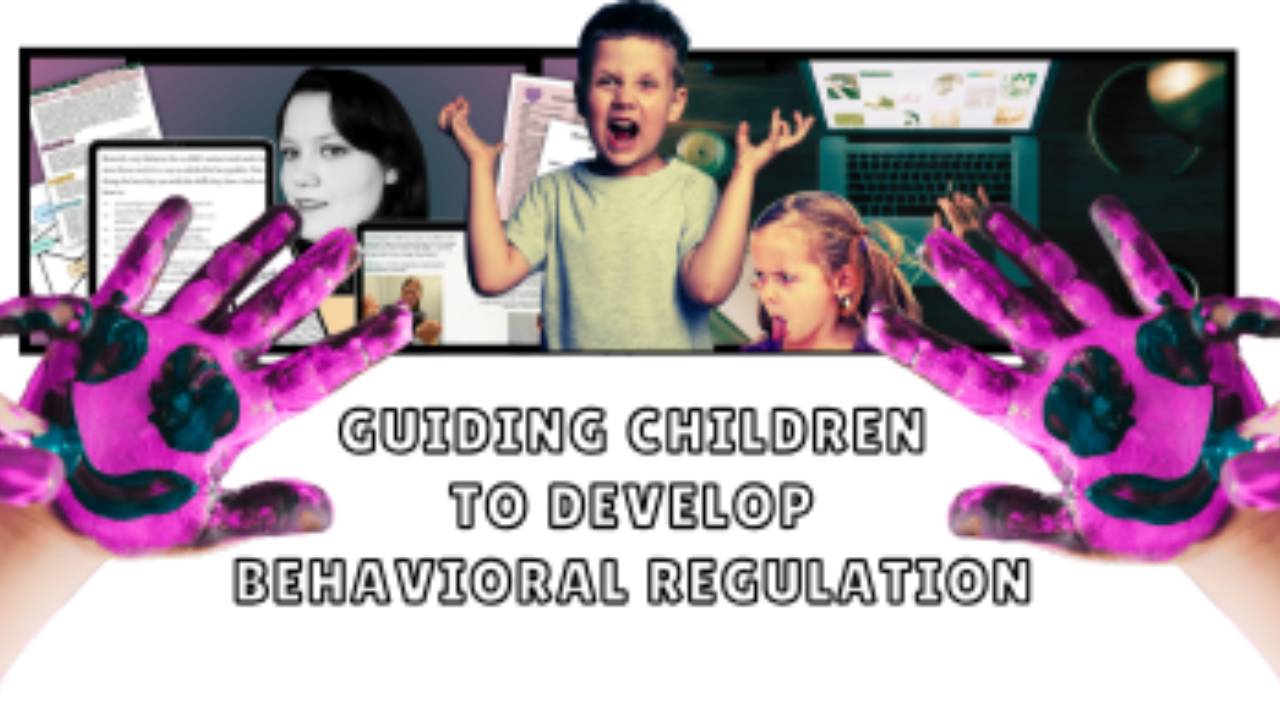When Saying Wait Doesn't Work: Time Blindness in Children
Jan 29, 2025Picture this: Little Emma is eagerly waiting to go to the park. When her mom says, "We'll go later," Emma bursts into tears, convinced that "later" means "never." This meltdown highlights a common issue for many children—difficulties with chronoception, or the sense of time perception.
Chronoception involves several brain structures, including the cerebral cortex, cerebellum, basal ganglia, and the suprachiasmatic nucleus. These areas help us perceive the passage of time and the duration of events.
Children are often time-blind, meaning they struggle to understand and manage time. This can lead to meltdowns when they're asked to wait or told "later" or "in an hour." For them, "later" can feel like "never."
Children with ADHD and autistic children often face additional challenges with chronoception. They may have difficulty estimating how long tasks will take, leading to frustration and anxiety. This can affect their ability to transition between activities, manage their time effectively, and regulate their behavior.
Here are some ways to support and enhance chronoception in children:
- Rhythmic Activities: Dancing, clapping to a beat, or playing musical instruments.
- Mindfulness and Meditation: Focusing on the present moment.
- Physical Exercise: Activities like tai chi or yoga to improve brain connectivity.
-Visual Timers: Help children understand the passage of time.
- Structured Routines: Provide a predictable structure.
- Break Tasks into Smaller Steps: Make tasks more manageable.
- Positive Reinforcement: Encourage good time management and patience.
- Yes...First... Strategy: Instead of saying "No, you can't play now," try "Yes, you can play, but first, let's finish your homework." This helps children understand the sequence of events and reduces frustration.
By understanding and addressing chronoception difficulties, we can better support our children in developing essential time management and behavioral regulation skills.
About Devina King, B.A. Psy, MSOTR/L, ASDCS, ADHD-RSP
Devina is an autistic occupational therapist, parenting coach, author, and credentialed autism and ADHD specialist with over 17 years of experience working with children, specializing in behavioral regulation and neurodivergence. As both a clinician and a parent, she combines professional expertise with personal experience parenting neurodivergent children who previously struggled with behavioral disorders. This unique perspective allows her to bridge the gap between science and real-world application, offering compassionate, evidence-based behavior treatment strategies that empower children to thrive.
You can learn more about Devina's credentials, lived experience, and approach here.
Publications
Devina has written many books. Her book From Surviving to Thriving: The Art and Science of Guiding Children to Develop Behavioral Regulation available on Amazon here, provides actionable insights for parents, educators, and professionals looking to support children in building essential self-regulation skills. Devina is an AOTA approved professional development provider. Reviewers praise her works for her comprehensive, refreshing and practical, compassionate approach that takes complex psychological concepts and evidence based approach and breaks it down into concepts anyone can understand and apply. Devina has been included in publications such as this article in Psychologist Brief available here and this article in Doctors Magazine available here. Stop by her store here to explore her latest resources, workshops, CEUs and parent coaching sessions designed to help children succeed in their behavioral development journey!

